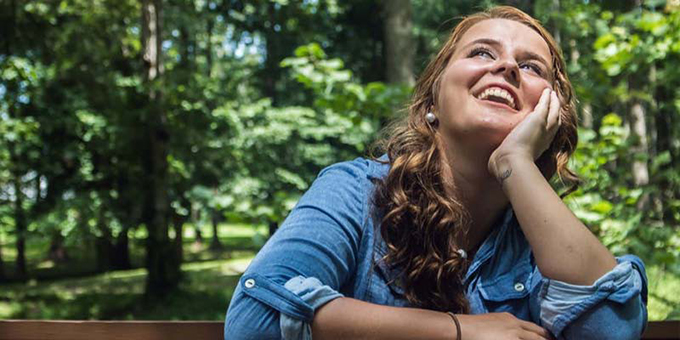
The developmental stage of adolescence is the psychosociological period of transition between childhood and adulthood and is characterized by the gradual acquisition of independence and autonomy to become an adult. Therefore, the distancing of parents in favor of social and affective relationships between equals is gaining ground.
A fundamental aspect of adolescents is that practically everything revolves around their social life and a constant search for “immediate happiness”: meetings with friends in an arcade, meetings in a park to talk, share tastes and let off steam with their peers , go out on the weekend, participate in extracurricular sports activities with classmates, possible relationships …
The Covid-19 pandemic and the measures adopted for its mitigation, mainly aimed at social isolation, suddenly modified their social habits, exposing vulnerabilities depending on the environments and affecting the mental health of children and adolescents, as well as their families.
Loneliness, restlessness, and irritability
To support this claim we are going to highlight the results of two of the many investigations that have already been published. A study carried out in Spain and Italy shows the symptoms reported by parental figures during confinement: feelings of loneliness (31.3%), nervousness (38%), restlessness (38.8%), irritability (39%) and difficulty of concentration 76% of young people.
Another UNICEF study , from 2020, shows how 27% of adolescents and young people consulted after confinement felt anxiety, 15% depression, 46% less motivation to carry out activities that they normally enjoy and 73%, the need to ask help in relation to their physical and mental well-being, even if 40% did not ask for it.
Economic situation of families
The clearest consequences are observed in the emotions and their state of well-being, in general due to consequences related to social isolation and due to the economic situation in the case of many families.
Another aspect, although hardly studied, is the medium-term academic effect of the suspension of face-to-face classes in March 2020, being replaced by virtual classes in secondary schools with a low level of demand, especially due to the elimination of exams ( necessary aspect given the situation). During the period from March to September – half a year – adolescent students for the first time in history have had a low or very low level of cognitive effort.
Devastating educational effects
The OECD has highlighted the devastating educational effects caused by the pandemic, especially in those less autonomous students, those who have fewer resources or support from their parents.
After resuming face-to-face classes in this academic year, adolescent students are facing some learning typical of the year in which they are enrolled and, in some subjects, others added to recover those not taught last year. This intellectual effort, added to the lack of work habit, and possible emotional problems of confinement described above, is generating in many adolescents anxiety attacks before studying and feelings of inability to pass the course .
It is important to help our adolescents from home and from educational centers. At home, two basic measures are worth highlighting:
- Allow contact with your friends (virtual or face-to-face meetings with adequate security measures).
- Establish a dialogue about what is happening and how they are living it in which they verbalize their emotional states and complaints about the situation.
If contacts with friends are mainly limited to virtual encounters such as videoconferences, they should be allowed some privacy. They should be free to talk with their friends and not feel self-conscious about their parents’ supervision.
Dialogue in the family aims to promote emotional competencies such as emotional awareness. The adolescent becomes aware of his own emotions through communication between family members.
Negative thoughts or emotional states should not be criticized, but we will accompany them in deciding how to deal with them, favoring emotional regulation.
From the educational centers it is necessary to restore academic normality progressively and help them to regain intellectual work habits.
Finally, it is essential to highlight the need to monitor and promote the habits of a healthy lifestyle: balanced and varied diet, sports, adequate rest and the practice of relaxation, which will contribute to good mental health.
Author Bio: Juan Luis Rodriguez Rodriguez is Associate Professor of Developmental and Educational Psychology at the University of Vigo
